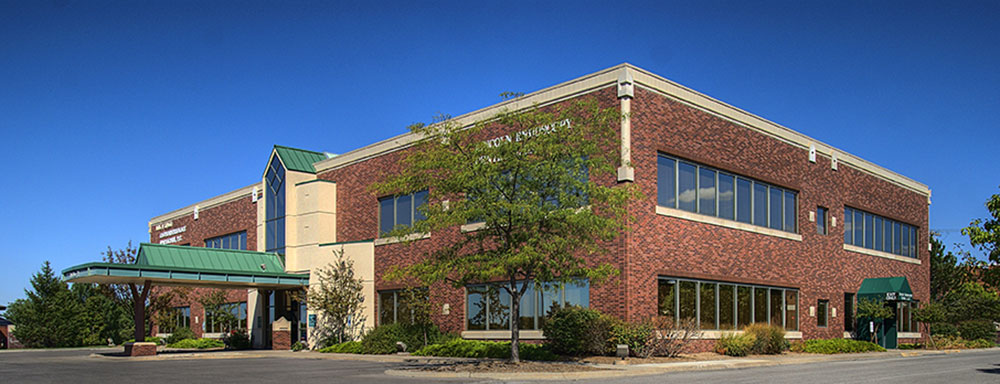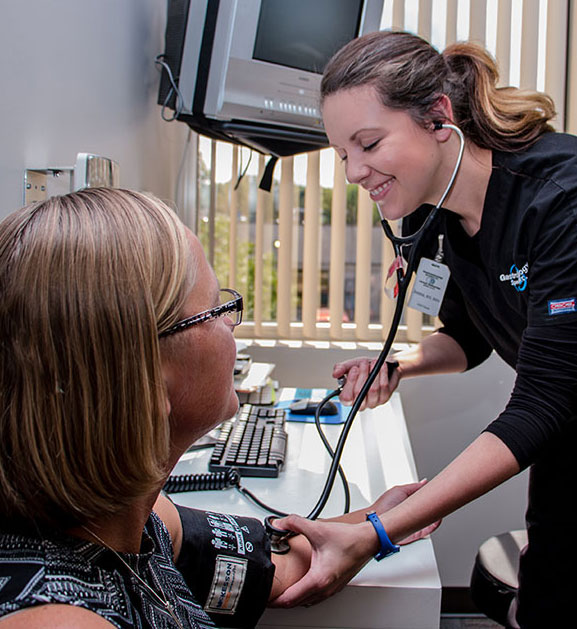The Boston Globe (9/27, Blake) “Nutrition and You!” blog reports that “a poor diet, specifically one that is skimpy on fruits and vegetables, may also play a role” in colon cancer, according to a study published in the October issue of the Journal of the American Dietetic Association. Researchers found that “cruciferous vegetables, including Brussels sprouts, cabbage, cauliflower, and broccoli were associated with a reduced incidence of proximal and distal cancers. A diet abundant in both fruits and veggies, especially apples and dark yellow vegetables, such as carrots and pumpkin, appeared to decrease the risk of distal cancer.”
HealthDay (9/27, Preidt) reports that to reach these conclusions, “researchers examined the diets of 918 colorectal cancer patients and 1,021 people with no history of the disease.” WebMD (9/27, Rubin) and the Toronto Sun /QMI Agency (9/27) also report this study.


